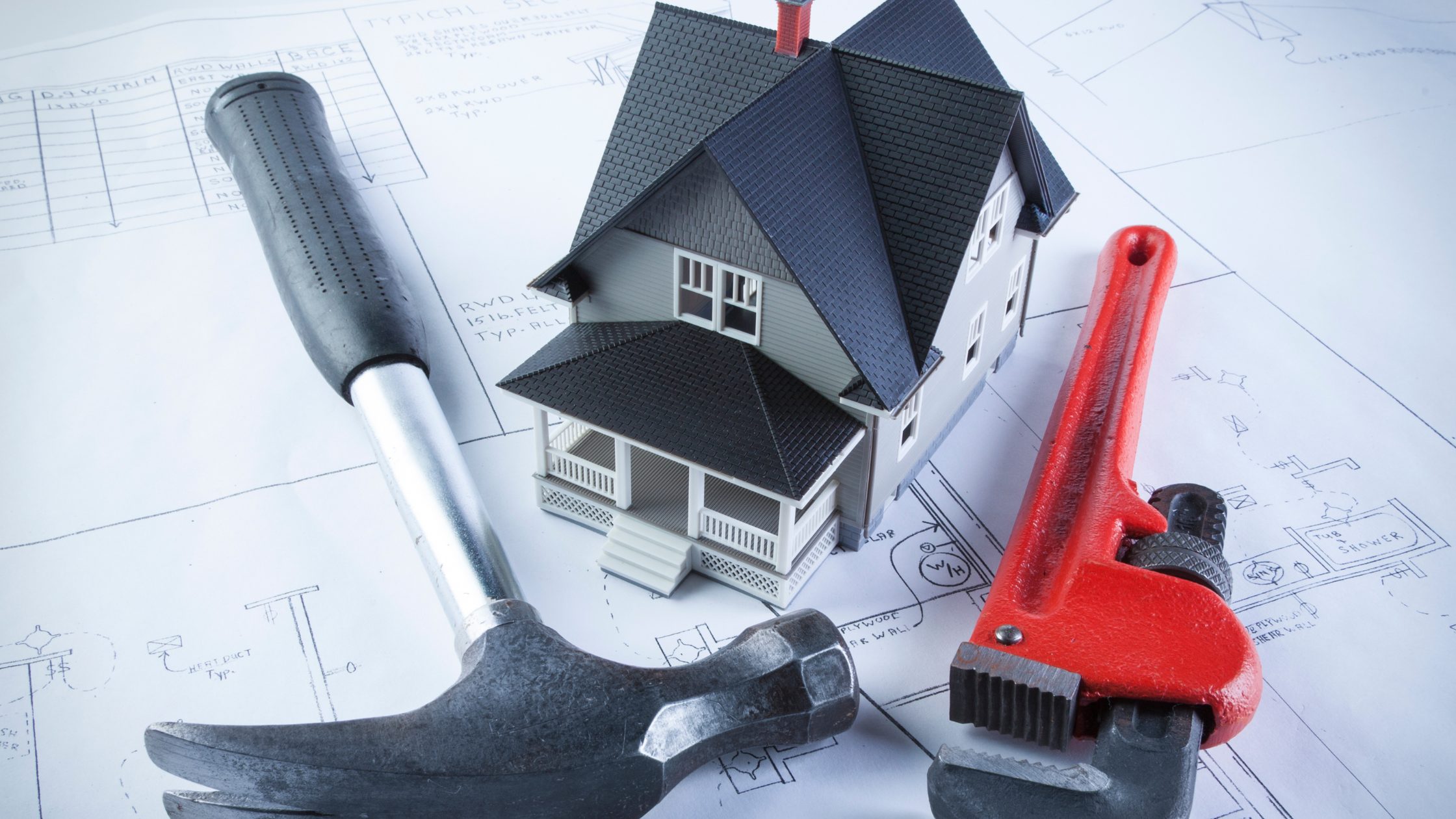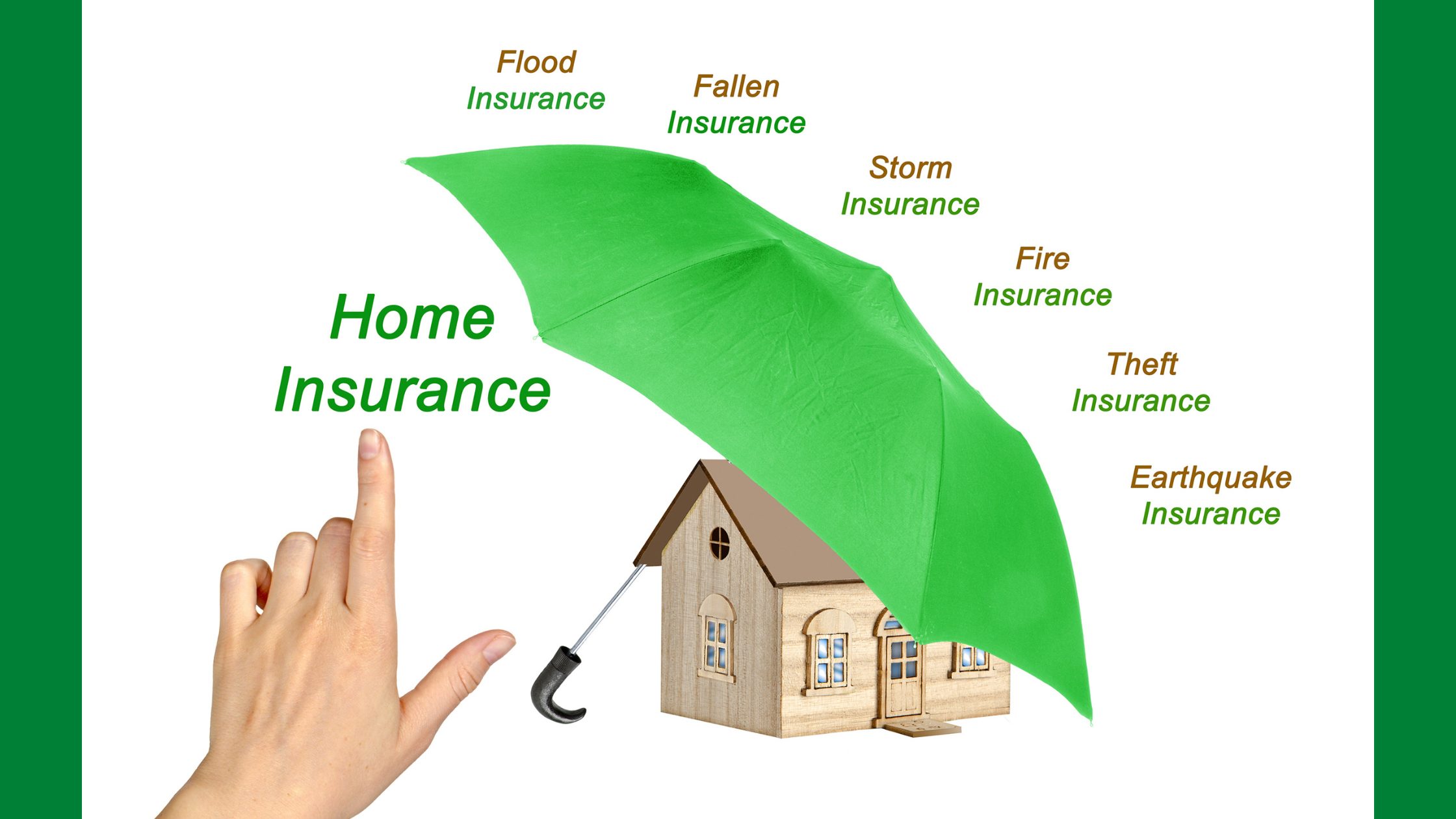Home repairs can get costly and create an unexpected hassle and financial burden A home…

How to Boost Your Credit Score to Prepare for Buying a House | Omaha NE Homebuyer’s Guide
Are you getting ready for homeownership?
If you are, you have probably taken a good long look at your personal finances. Having a great credit score can be helpful when qualifying for a mortgage. If yours is less than stellar, here are a few steps you can take to boost your credit score.
I am a local mortgage broker serving Omaha, Papillion, Bellevue, La Vista, and all of eastern Nebraska. If you need help finding a local realtor or qualifying for a home loan please contact me.
Get Rid of Existing Debt
Debt is one of the top things that can hurt your credit. Tackle any existing debt by prioritizing making extra payments beyond the minimum required. Even a small amount can help when done repeatedly over time. While paying off existing debt, make sure to curb your spending so that you don’t add to your debt.
If you don’t have a budget, this is the perfect time to do it. Make a list of your fixed expenses, variable expenses, and discretionary spending. Include required debt payments as well as any extra payments toward existing debt that you can make. Once you have a budget, keep track of what you spend to make sure that it stays within the budget limits that you have set.
Pay Your Bills On Time
Late payments will be a ding against your credit. Paying your bills on time is a great way to keep your score high. This includes things like utilities and subscription payments. Existing mortgage and rent payments are also very important. Paying these on time tells potential lenders that you can pay your bills.
Get Credit
While you don’t want to take out a ton of new credit cards, if you don’t have any credit lines, this can actually have a negative impact on your credit. Taking out a low-balance credit card that you pay off in full every month can boost your credit. This shows potential lenders that you can be responsible for your credit. They want to see that you will pay things off when you should and not let your debt get out of control.
Other useful links
- How to improve your credit
- The 20% down rule on conventional
- What is Escrow?
- How is income calculated?
- Why your assets matter
- Mortgage Calculator
- Is Credit Karma accurate?
- FHA vs Conventional, which is better?




